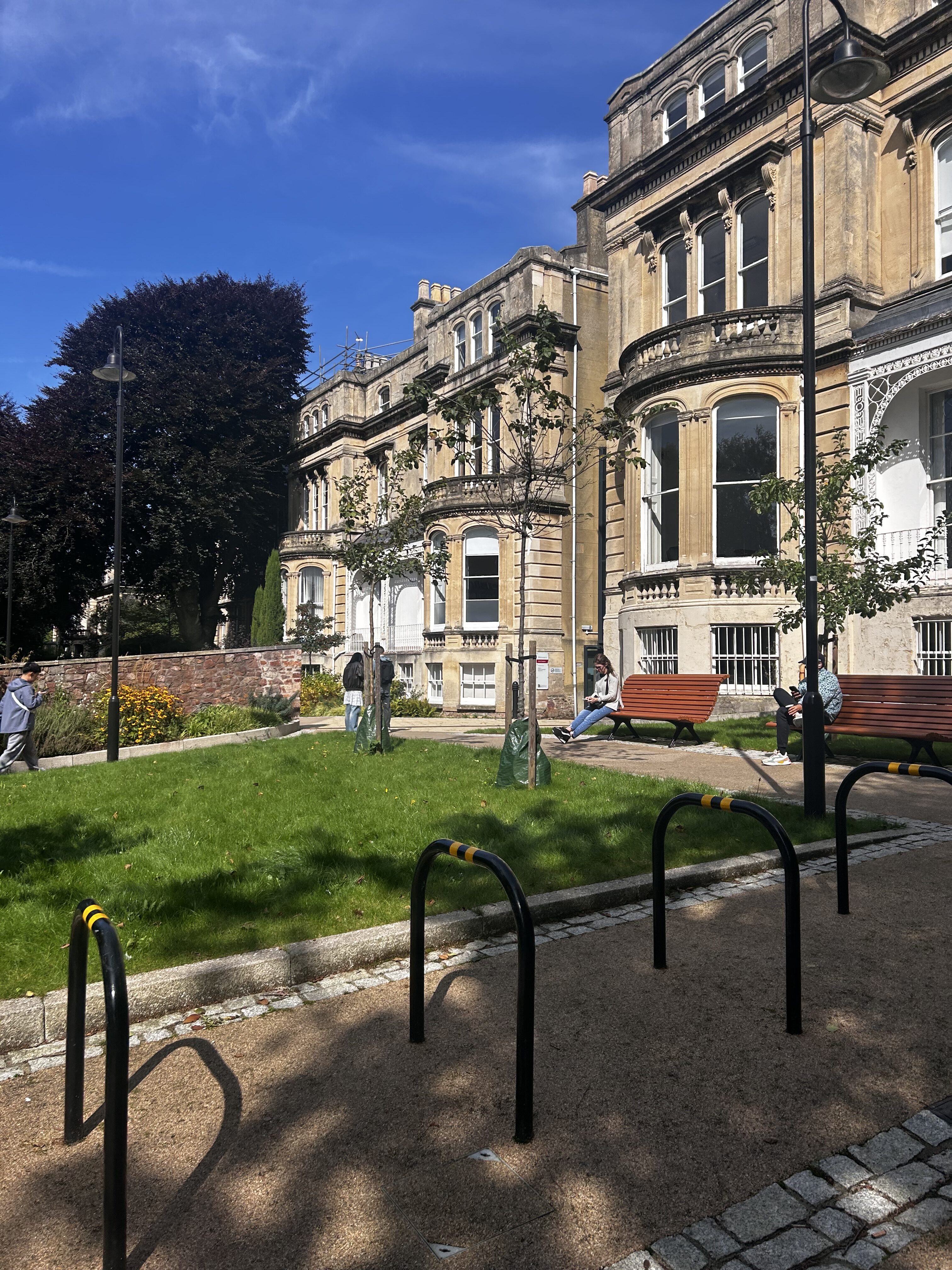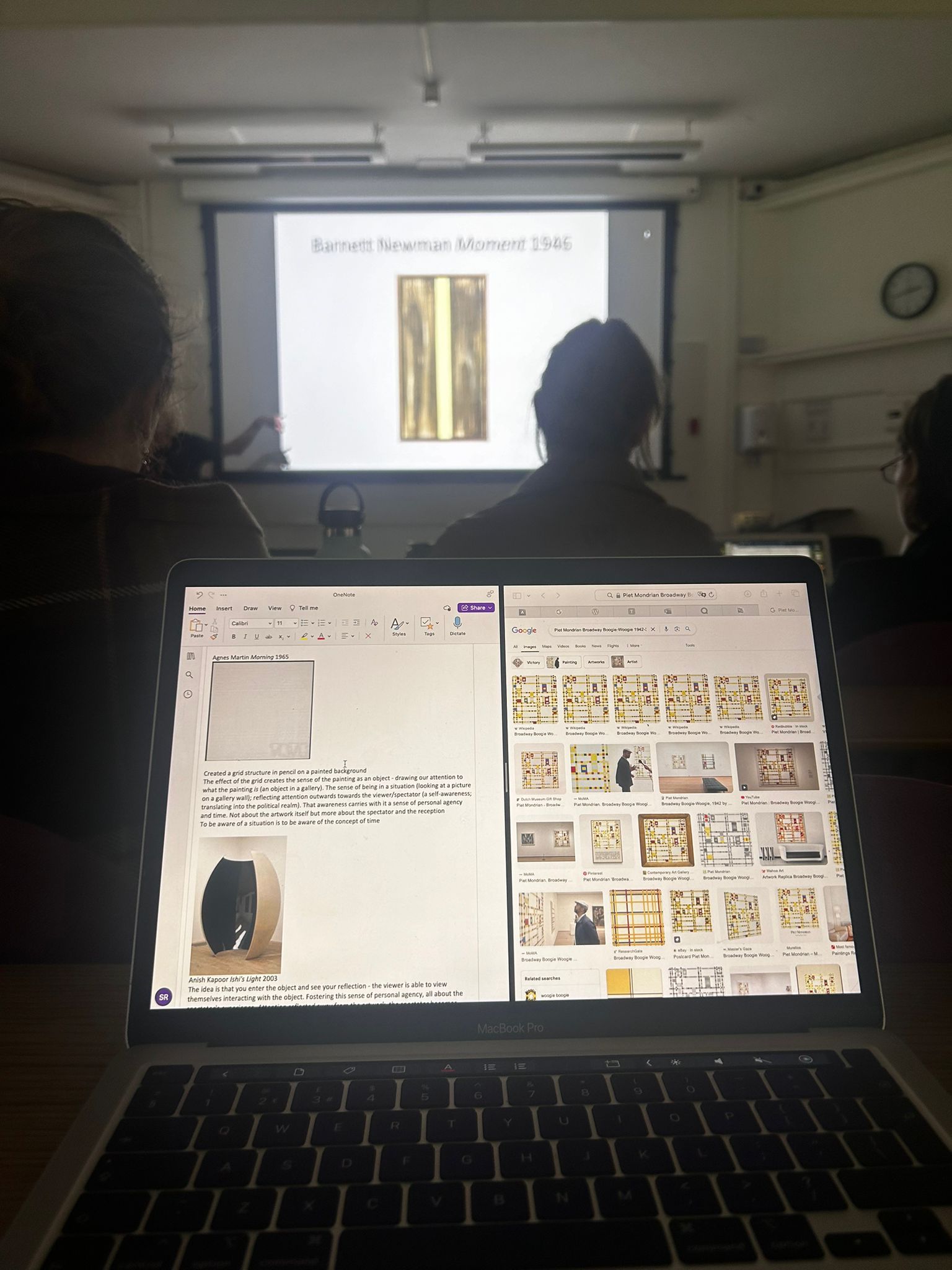Yep, it’s happening. Tuition fees are going up, and most likely not just next year, but every year after.
The government’s new plans mean that universities in England will soon be allowed to increase fees in line with inflation, as long as they hit certain quality targets. The inflation measure likely to be used, the Retail Price Index minus mortgage payments (RPIx), tends to sit higher than other measures, meaning the yearly jump could sting a bit.
It’s still unclear what next year’s rise will look like, but if it follows current rates, students starting uni in 2026 could pay around £400 more a year, taking the total to over £9,900.
“We’re a bit trapped”

Reactions from students have been pretty mixed. One student The Bristol Tab interviewed admitted, “we’re a bit trapped,” capturing a wider sense that students don’t really have a choice.
Another said, “I doubt I’m gonna really feel it that much,” reflecting a sort of weary acceptance, the feeling that, after years of rent hikes and living-cost crises, a few hundred more on tuition barely registers anymore.
Others were less forgiving: One called the move something that “makes university unattainable”, while another warned it would add “additional financial strain on students.”
Even among those who still think uni has value, there’s frustration over what students are actually paying for. As one student put it: “I pay for so much more.” For many, the cost isn’t just about lectures and library fees, it’s the price of making friends, joining societies, and being part of the “uni experience” everyone talks about. It’s the feeling that you’re paying thousands just to have a social life.
Despite the anger, there’s still a lingering belief that, for some, university might still be worth it, but only just. The general consensus: It’s getting harder and harder to justify the price tag.
Why now?

Universities have been warning for months that they’re running out of cash, and not quietly. With energy bills, staff wages and inflation all on the up and refusing to back down, many say they’re struggling to stay afloat.
For years, the £9,250 cap on tuition fees hasn’t budged, meaning universities have effectively been earning less each year once inflation is factored in. The result? Squeezed budgets, frozen hiring and course cuts.
For institutions like the University of Bristol, which have faced growing pressure to maintain facilities, research, and student support, the increase could help slow the erosion that’s been quietly eating away at their budgets.
Translation: They desperately need the money to continue offering this level of education we’ve all come to expect.
A brief (and ironic) history
It’s worth remembering that tuition fees in their current regulated form were introduced under the Tony Blair-led “New Labour” government in 1998. Back then, the cap was just £1,000 a year.
It was later tripled in 2004, and then rose again to around £9,000 in 2012 under the Conservative–Liberal Democrat coalition.
Now, under a Labour government once again, the cap is being linked to inflation and is set to rise, prompting many students and commentators to note the irony.
What it means for students

Alongside the tuition fee increases, maintenance loans will also rise annually in line with inflation, meaning students could see slightly larger loan amounts. Whether that actually keeps up with the cost of living is another question.
If these inflation-linked rises go ahead, the cost of a three-year degree could soon push past £30,000. While universities argue this will protect teaching standards, for students, it just means more debt, more pressure and more wondering whether it’s all really worth it.
